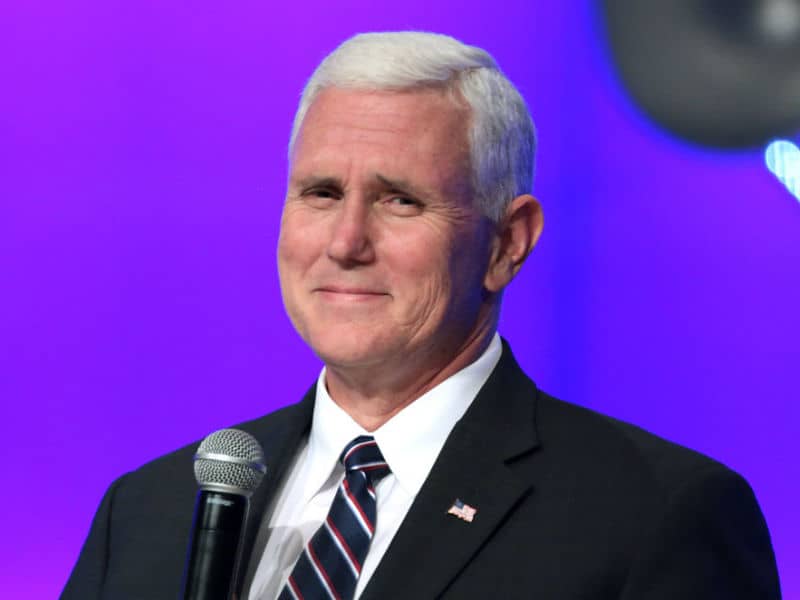When U.S. Rep Katherine Harris recently told a religious journal that separation of church and state was "a lie," many critics cited this as another sign she was out of the mainstream. But, experts say, she was reflecting a common view in religious conservatives circles-that the idea of separation of church and state was concocted by 20th century courts, not the Founding Founders. "This notion, the denial of church-state separation, is gaining ground among politically conservative evangelicals," says Randall Ballmer, professor of religion at Barnard College.
Conservative activists point out that the words "separation of church and state" appear nowhere in the Constitution-and they're right. The phrase came from a letter Thomas Jefferson wrote to a group of Connecticut Baptists in which he praised the First Amendment's "wall separating church and state." (The Supreme Court quoted that letter in a key church-state ruling in 1947.) Conservative scholars have long argued that the "wall" was mostly intended to block the creation of official state religions-not to completely close the door between government and religious life.
A cottage industry has grown in recent years to push a more radical argument that the Founders intended virtually no separation. Books making the case include "The Myth of Separation Between Church and State" by Dee Wampler, "What if America Were A Christian Nation Again" by D. James Kennedy, and "America's Christian Heritage" by Gary Demar. The conservative website WorldNetDaily sells a special issue called "The Myth of Church-State Separation" and former presidential candidate Alan Keyes has campaigned against the "so-called doctrine ... that the courts have created out of thin air." David Barton, author of a book called "The Myth of Separation" was hired by the Bush campaign in 2004 to speak to church groups around the country-in part to convince them that the Constitution doesn't ban political activity by churches.
For many religious conservatives, the fight is not just about allowing more mixing of church and state-for instance, prayer in schools-it's about proving that the country was set up as a "Christian nation." (A recent Pew Forum survey found 67 percent of Americans believe in that concept.) So Katherine Harris may be right, or she may be wrong-but she's certainly not alone.

